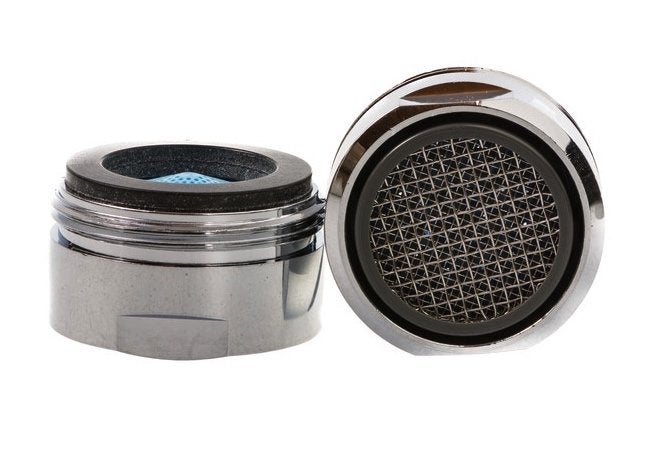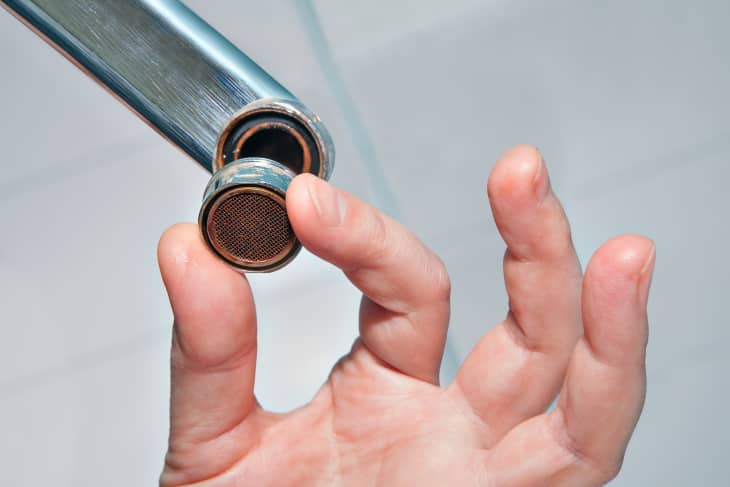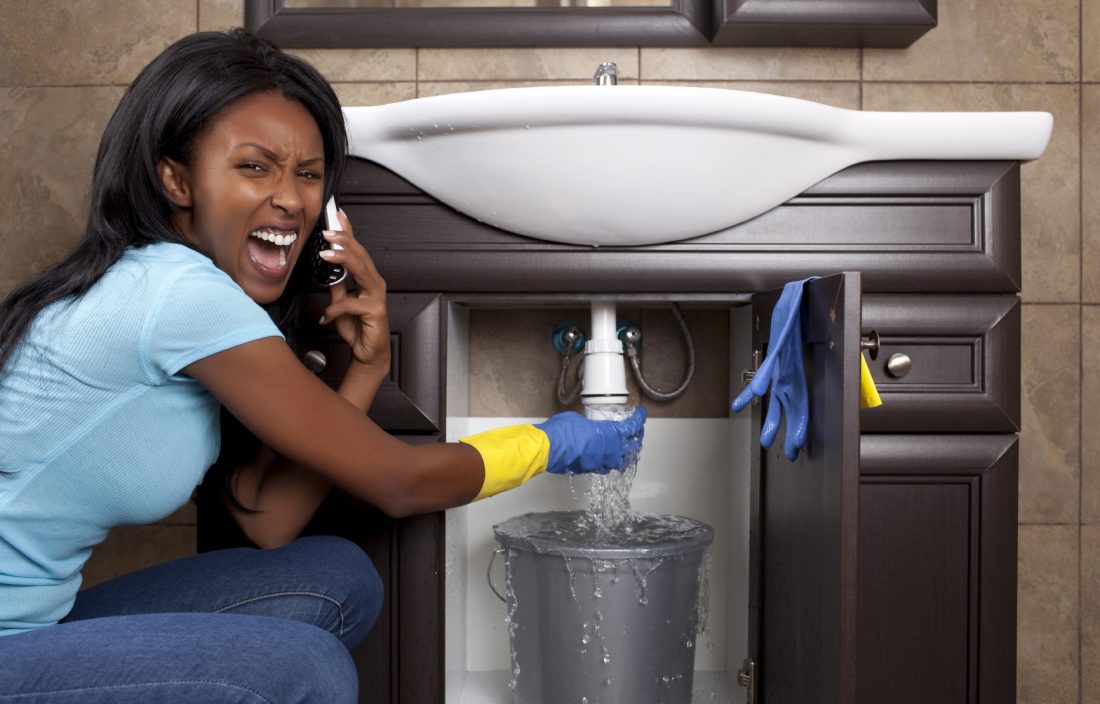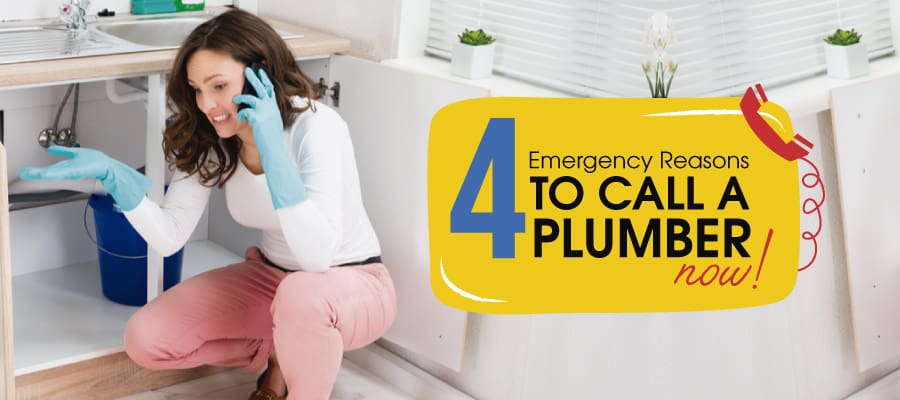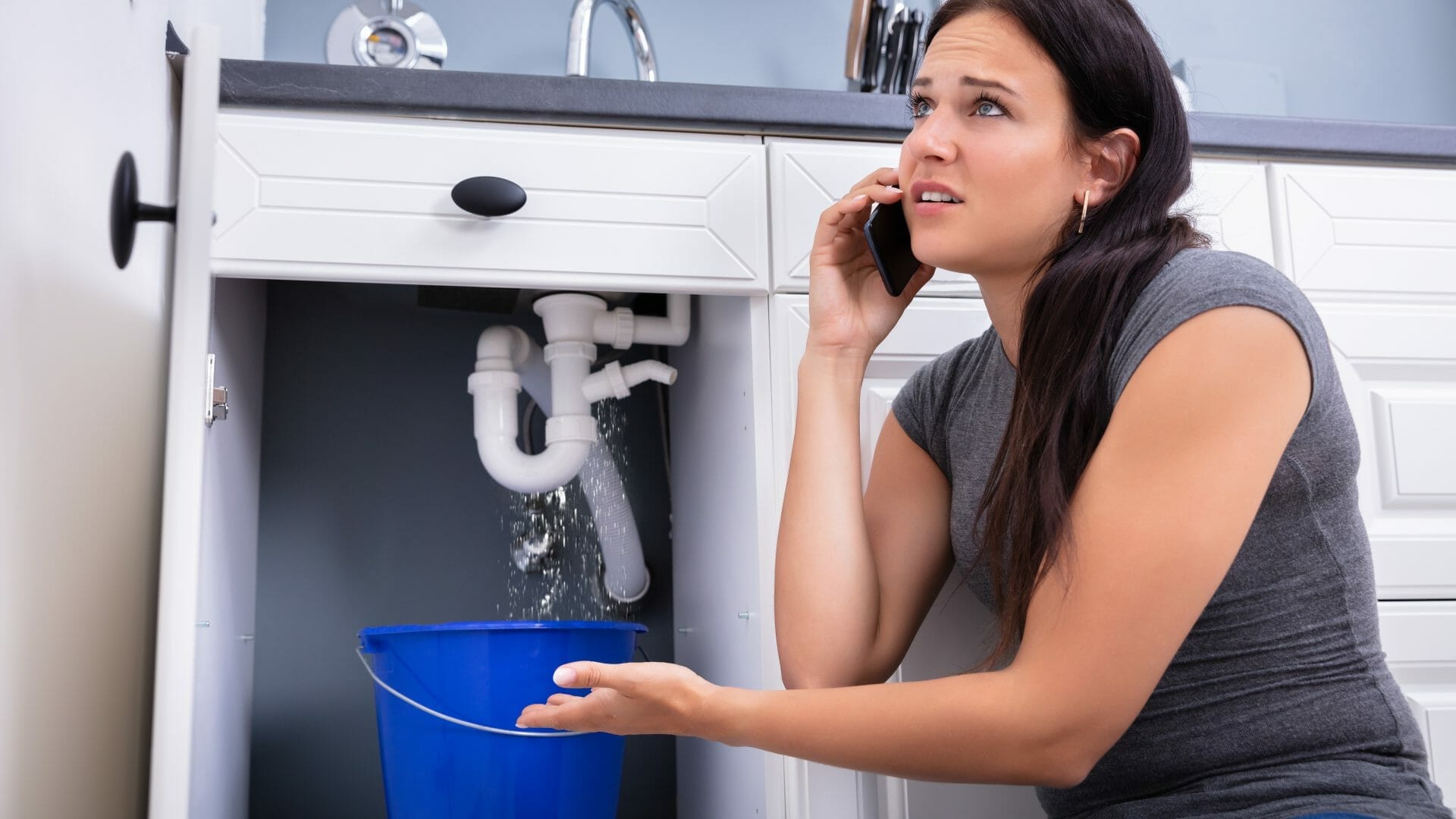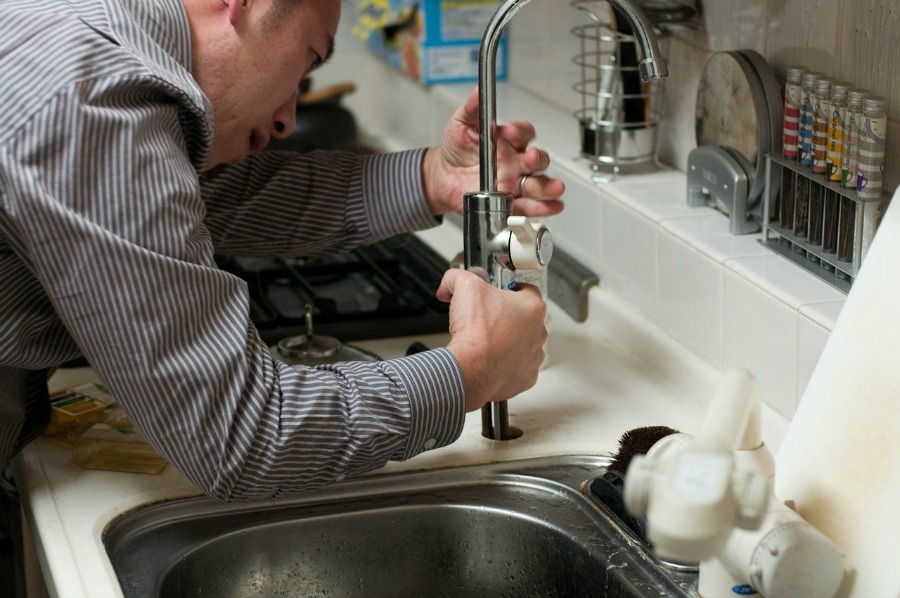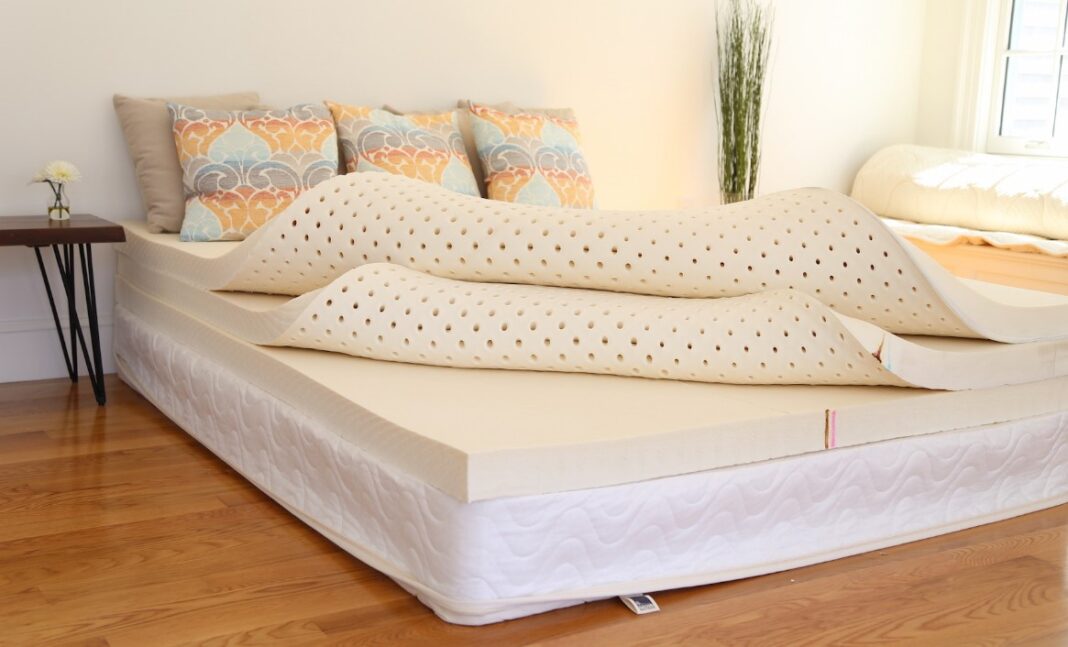If your kitchen sink is draining slowly, the first thing you should do is check the drain. Remove any visible debris or food particles that may be clogging the drain. You can also try using a plunger to dislodge any stubborn blockages. If the drain is clear but the sink is still draining slowly, move on to the next step.1. Check the Drain
If your kitchen sink has a garbage disposal, it could be the source of the problem. Make sure it is turned off and then check for any obstructions. You can use tongs or pliers to remove any items that may be stuck in the disposal. If the disposal is clear, try resetting it by turning off the power and then turning it back on. If the disposal is still not working properly, it may need to be replaced.2. Check the Garbage Disposal
The P-trap is the curved pipe under your sink that traps debris and prevents it from going further into your plumbing system. If this trap becomes clogged, it can cause slow draining in your kitchen sink. Place a bucket under the trap and unscrew it to remove any debris. Once it is cleared, reattach the trap and run water to see if the sink is draining properly.3. Check the P-Trap
Every plumbing system has a vent pipe that allows air to escape and prevents water from getting stuck in the pipes. If this vent becomes blocked, it can cause slow draining in your kitchen sink. You can try using a plumber's snake to clear any blockages or call a professional plumber to handle it.4. Check the Vent
If you have low water pressure in your kitchen sink, it can cause slow draining. Check the water pressure in your home and see if it is lower than usual. If so, it may be a problem with your water supply, and you may need to contact your water company to resolve the issue.5. Check the Water Pressure
If none of the above steps have resolved the issue, you may have a clog in your main sewer line. This can cause slow draining in all of your sinks, not just the kitchen sink. You can try using a plumbing snake to clear the clog, but it is best to call a professional plumber for this type of issue.6. Check for Clogs
If you have an older home, the pipes in your kitchen sink may be corroded or damaged, causing slow draining. In this case, the pipes may need to be replaced. This is a job best left to a professional plumber, as it can be a complicated and messy process.7. Check the Pipes
The aerator on your kitchen sink faucet can also become clogged, causing slow draining. Remove the aerator and clean out any debris. If the aerator is damaged, it may need to be replaced.8. Check the Faucet Aerator
If you have hard water, mineral buildup can occur in your pipes and cause slow draining. You can use a commercial descaler or a mixture of white vinegar and water to remove the buildup. Let it sit for a few hours and then flush it out with hot water.9. Check for Mineral Buildup
If you have tried all of the above troubleshooting steps and your kitchen sink is still draining slowly, it is best to call a professional plumber. They have the experience and tools necessary to diagnose and fix the issue, saving you time and frustration.10. Call a Plumber
Troubleshoot Slow Kitchen Sink: Why Is It Happening and How to Fix It
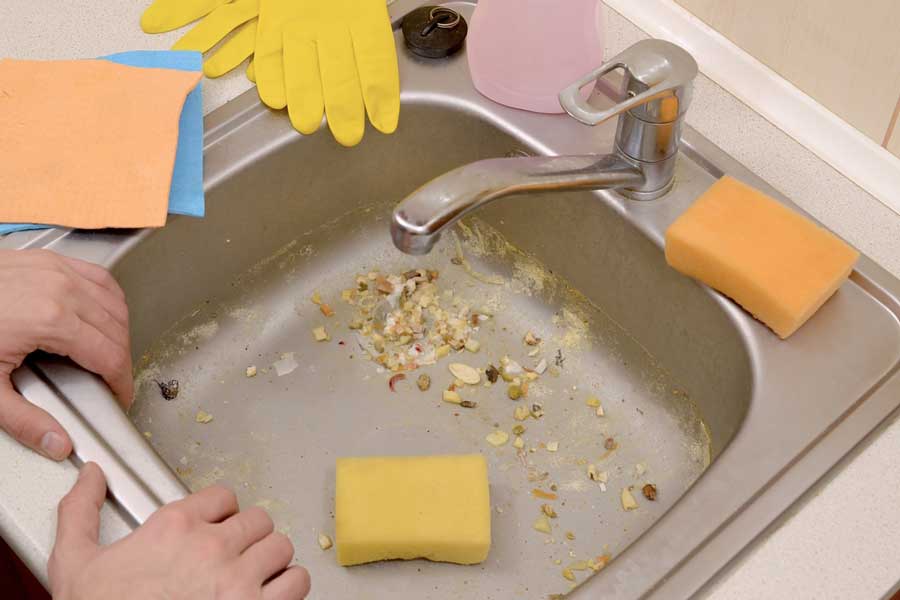
Introduction
 Having a slow kitchen sink can be a frustrating and time-consuming problem. Not only does it disrupt the flow of your daily routine, but it can also be a sign of a bigger underlying issue. Before reaching for harsh chemicals or calling a plumber, it's important to understand what could be causing the problem and how to troubleshoot it yourself.
Having a slow kitchen sink can be a frustrating and time-consuming problem. Not only does it disrupt the flow of your daily routine, but it can also be a sign of a bigger underlying issue. Before reaching for harsh chemicals or calling a plumber, it's important to understand what could be causing the problem and how to troubleshoot it yourself.
Identifying the Cause
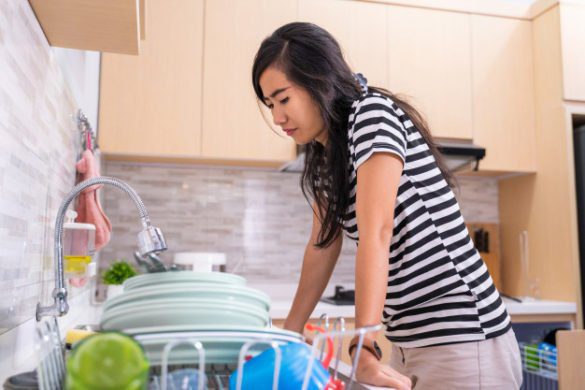 The first step in troubleshooting a slow kitchen sink is to identify the cause. There are a few common reasons why your sink may be draining slowly:
1. Clogged Drain
- This is likely the most common cause of a slow kitchen sink. Food particles, grease, and other debris can build up in your drain over time, causing a blockage that restricts water flow.
2. Faulty Garbage Disposal
- If you have a garbage disposal, it could be the culprit behind your slow sink. A malfunctioning garbage disposal can lead to clogs and blockages in your drain.
3. Improper Venting
- Kitchen sinks require proper venting to allow air to escape and maintain smooth drainage. If the vent is blocked or improperly installed, it can cause water to drain slowly.
The first step in troubleshooting a slow kitchen sink is to identify the cause. There are a few common reasons why your sink may be draining slowly:
1. Clogged Drain
- This is likely the most common cause of a slow kitchen sink. Food particles, grease, and other debris can build up in your drain over time, causing a blockage that restricts water flow.
2. Faulty Garbage Disposal
- If you have a garbage disposal, it could be the culprit behind your slow sink. A malfunctioning garbage disposal can lead to clogs and blockages in your drain.
3. Improper Venting
- Kitchen sinks require proper venting to allow air to escape and maintain smooth drainage. If the vent is blocked or improperly installed, it can cause water to drain slowly.
Fixing the Problem
 Once you have identified the cause of your slow kitchen sink, it's time to take action. Here are some steps you can take to fix the problem:
1. Clear the Drain
- If you suspect a clogged drain, try using a plunger to dislodge the blockage. You can also try using a drain snake or a mixture of baking soda and vinegar to break up and flush out the clog.
2. Check the Garbage Disposal
- If your garbage disposal is the issue, check for any visible blockages or objects that may be stuck. You can also try resetting the disposal by pressing the reset button located at the bottom of the unit.
3. Check the Vent
- If you suspect an issue with the vent, check to make sure it is not blocked or damaged. You may need to call a professional to properly install or repair the vent.
Once you have identified the cause of your slow kitchen sink, it's time to take action. Here are some steps you can take to fix the problem:
1. Clear the Drain
- If you suspect a clogged drain, try using a plunger to dislodge the blockage. You can also try using a drain snake or a mixture of baking soda and vinegar to break up and flush out the clog.
2. Check the Garbage Disposal
- If your garbage disposal is the issue, check for any visible blockages or objects that may be stuck. You can also try resetting the disposal by pressing the reset button located at the bottom of the unit.
3. Check the Vent
- If you suspect an issue with the vent, check to make sure it is not blocked or damaged. You may need to call a professional to properly install or repair the vent.
Preventing Future Problems
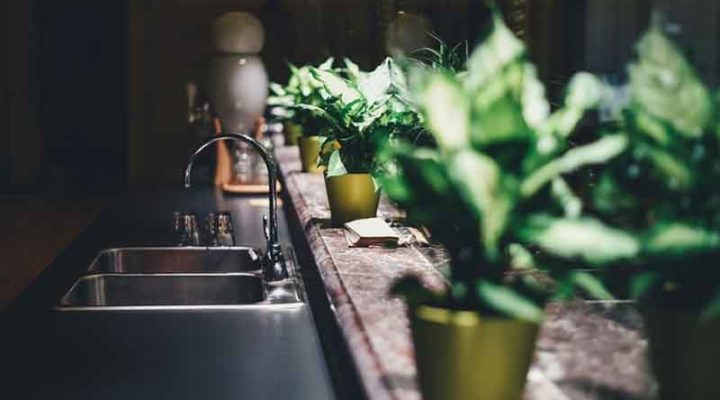 Once you have successfully fixed your slow kitchen sink, it's important to take steps to prevent future problems. Here are some tips to keep your sink draining smoothly:
1. Proper Use of Garbage Disposal
- Avoid putting large or hard food items down the disposal, and always run water while using it.
2. Regular Maintenance
- Every few months, pour a mixture of hot water, baking soda, and vinegar down your drain to prevent buildup and keep it clean.
3. Be Mindful of What Goes Down the Drain
- Avoid putting grease, oil, and other debris down your drain, as they can solidify and cause clogs.
Once you have successfully fixed your slow kitchen sink, it's important to take steps to prevent future problems. Here are some tips to keep your sink draining smoothly:
1. Proper Use of Garbage Disposal
- Avoid putting large or hard food items down the disposal, and always run water while using it.
2. Regular Maintenance
- Every few months, pour a mixture of hot water, baking soda, and vinegar down your drain to prevent buildup and keep it clean.
3. Be Mindful of What Goes Down the Drain
- Avoid putting grease, oil, and other debris down your drain, as they can solidify and cause clogs.
Conclusion
 Having a slow kitchen sink can be a nuisance, but with a bit of troubleshooting and maintenance, you can keep your sink running smoothly. By understanding the common causes and taking preventative measures, you can save yourself the time and hassle of dealing with a slow draining sink. Remember to always use caution and consult a professional if you are unsure of how to fix the problem.
Having a slow kitchen sink can be a nuisance, but with a bit of troubleshooting and maintenance, you can keep your sink running smoothly. By understanding the common causes and taking preventative measures, you can save yourself the time and hassle of dealing with a slow draining sink. Remember to always use caution and consult a professional if you are unsure of how to fix the problem.








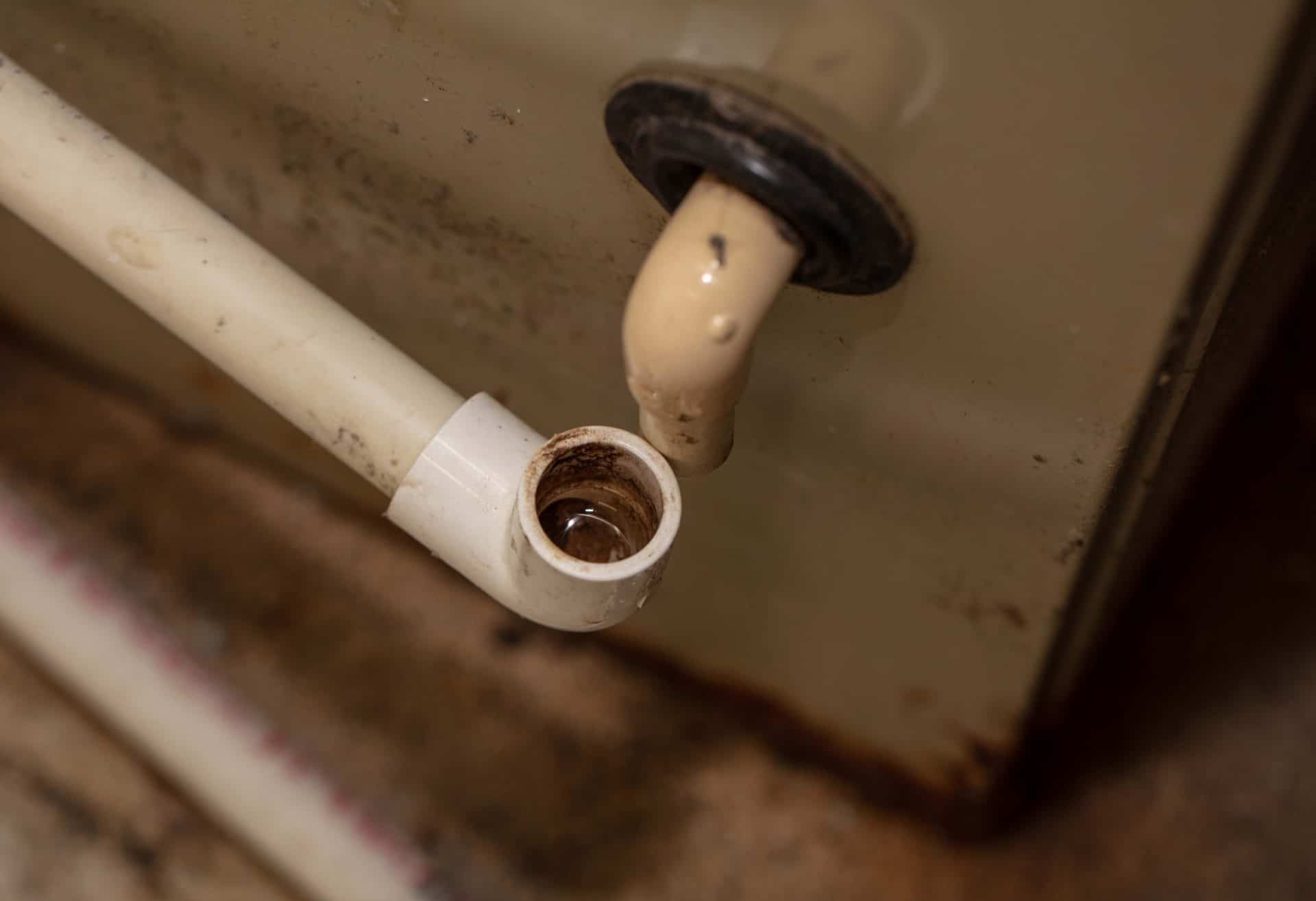



:max_bytes(150000):strip_icc()/GettyImages-186842003-5b732c3ac9e77c0057b2c920.jpg)

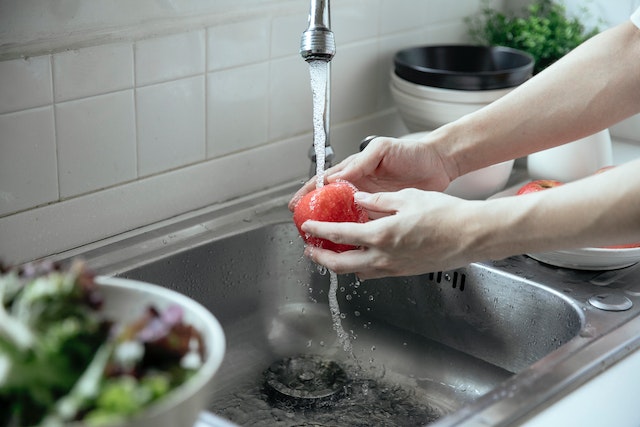


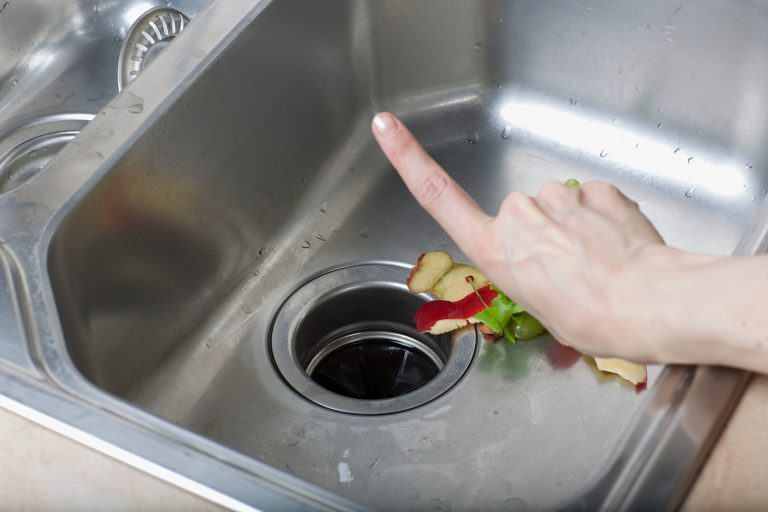





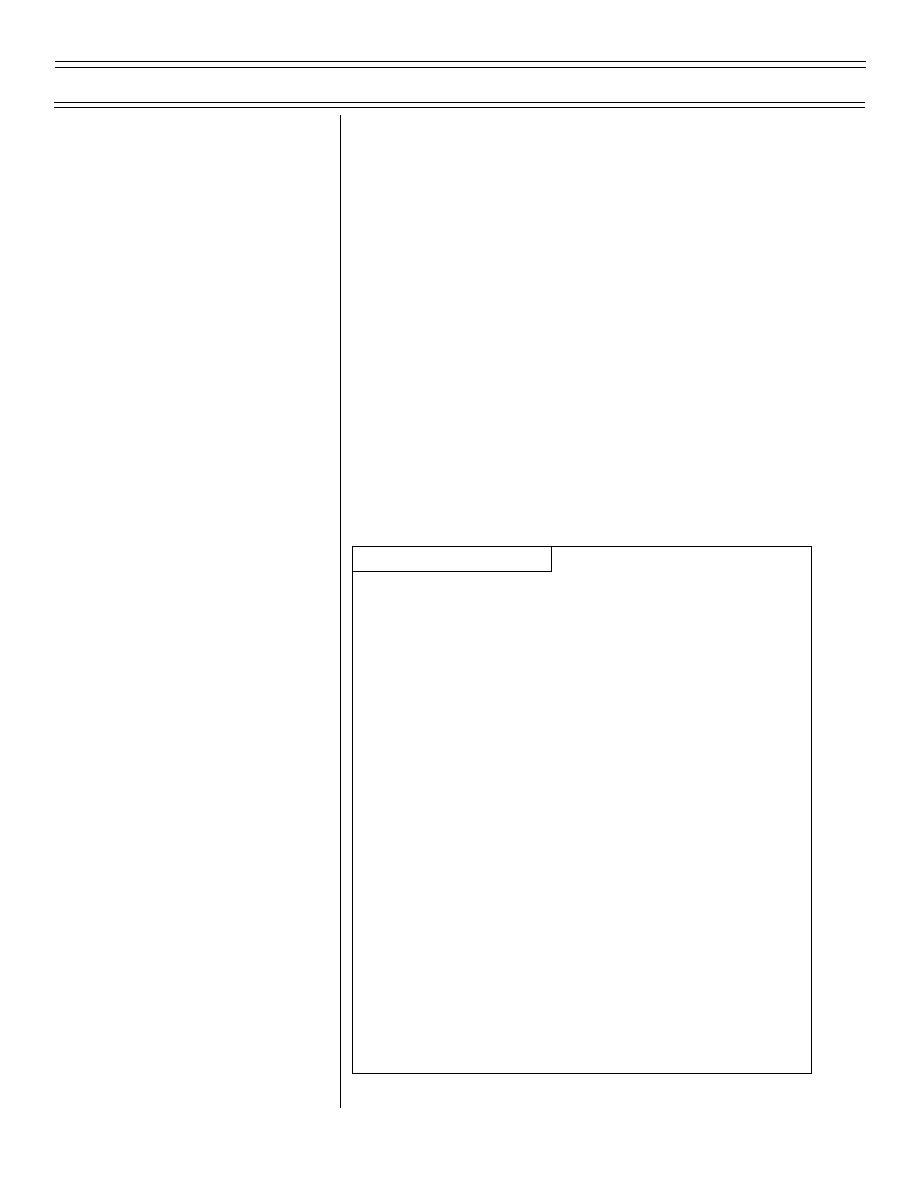


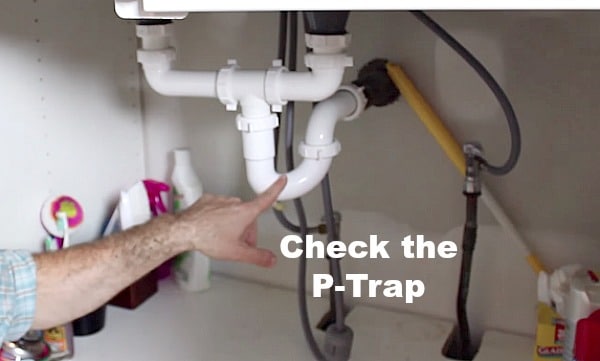
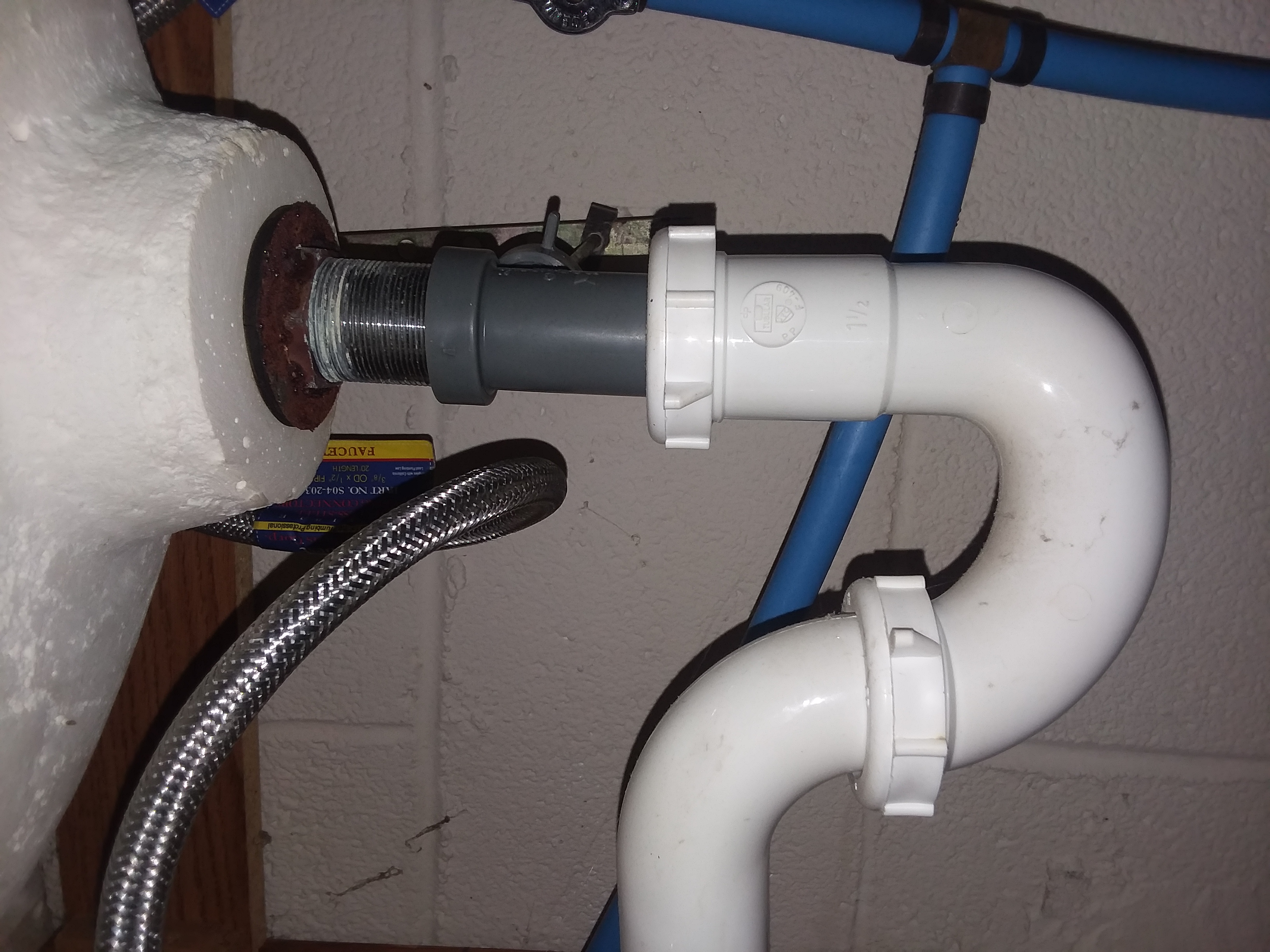


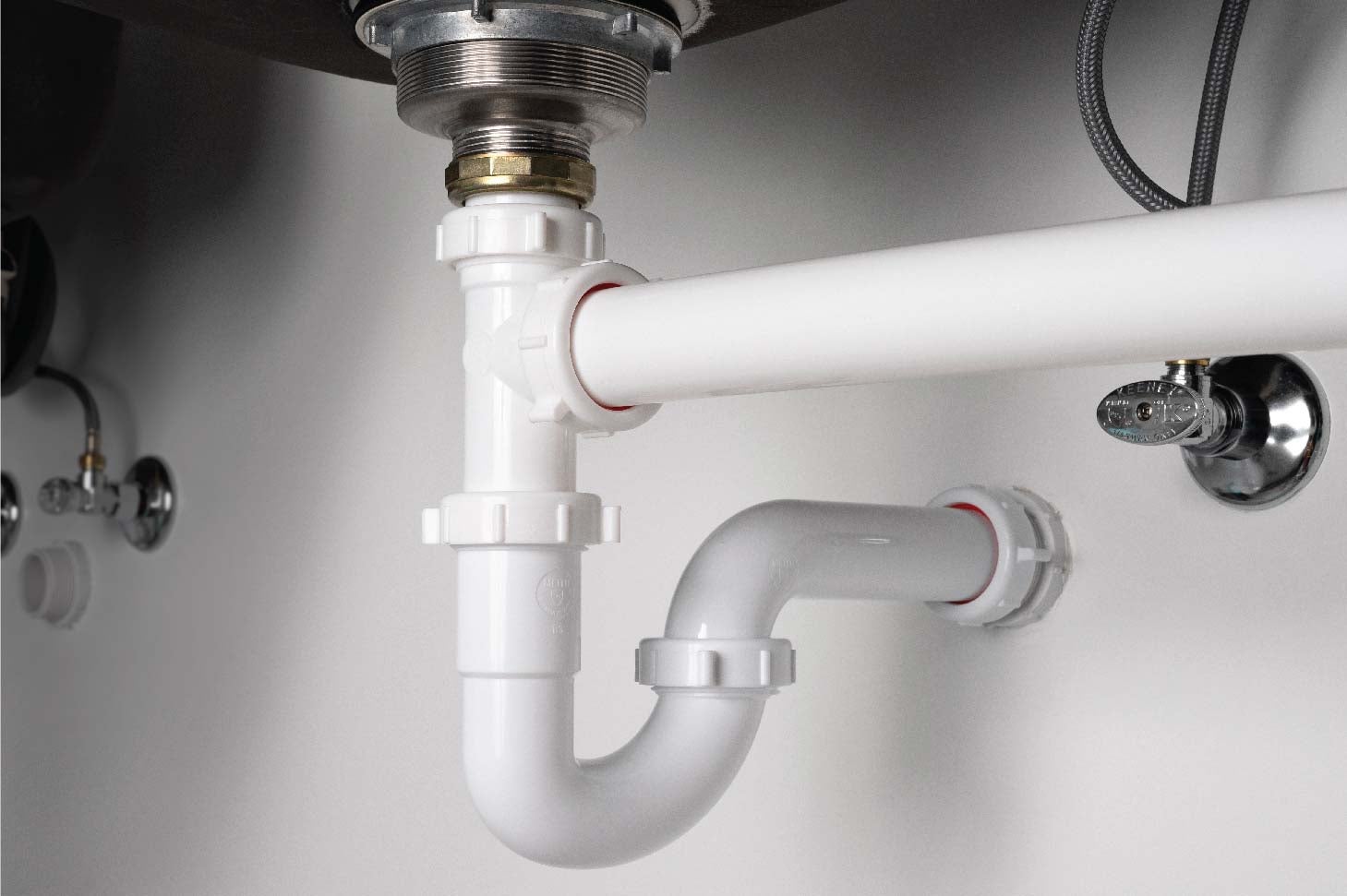
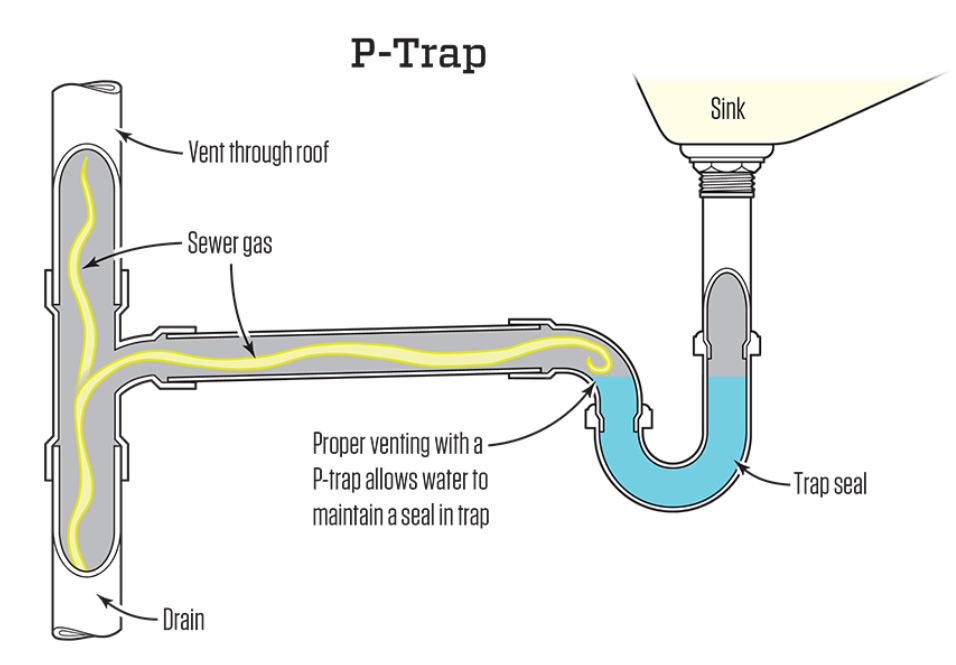
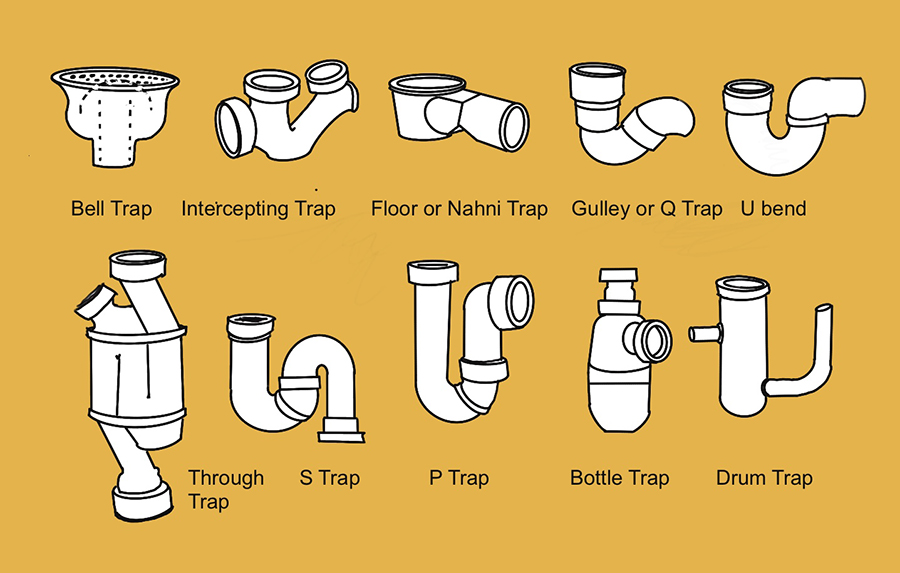

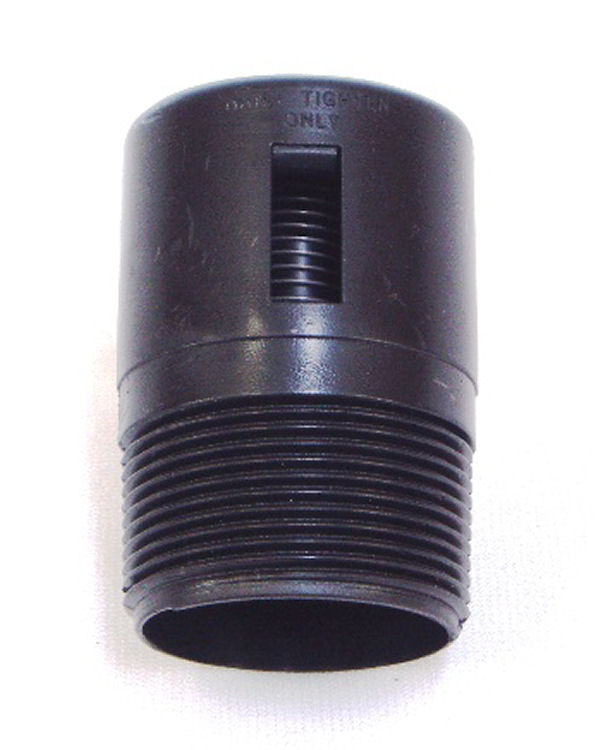



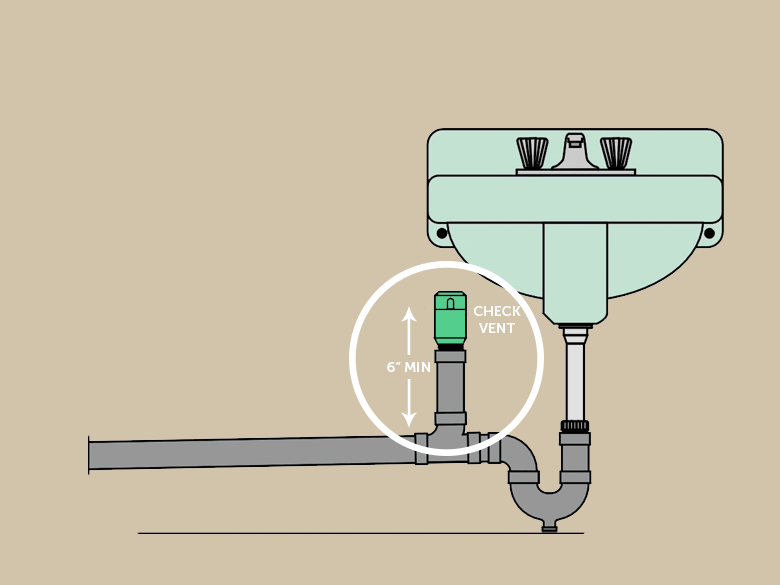








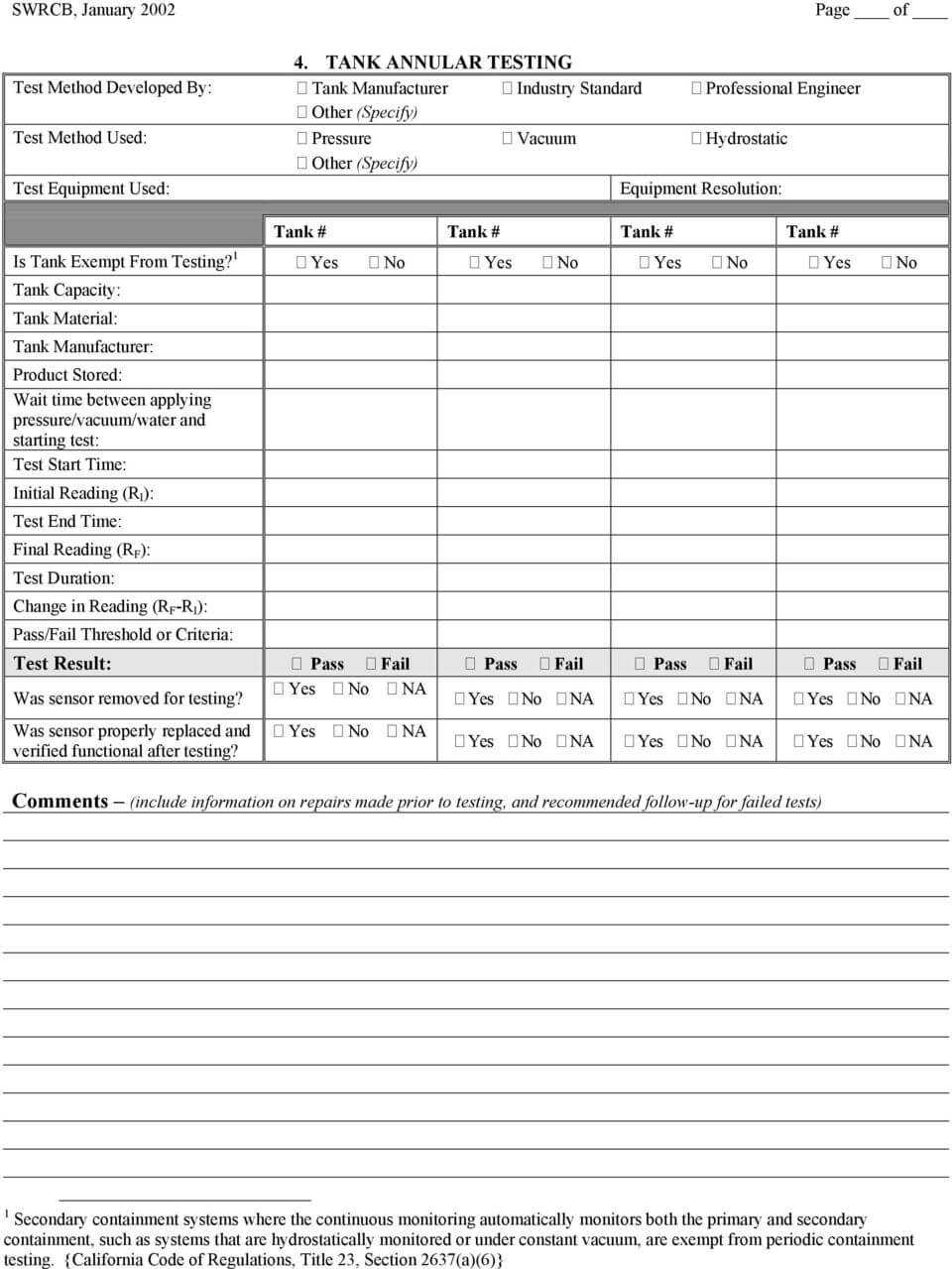
/93097679-56a73c295f9b58b7d0e81657.jpg)
/testing-water-pressure-in-your-home-2718692-hero-98f45508ca5d44b6b551034ac5cedab5.jpg)
:max_bytes(150000):strip_icc()/testing-water-pressure-in-your-home-2718692-04-c37ab3236d0d4b61b87079ebf9ef823e-c1e1ef0104fb44778a287bd9bb5ec140.jpeg)
:max_bytes(150000):strip_icc()/the-men-s-hand-opens-the-ball-valve-on-the-collector-1006810456-5c5fc73fc9e77c000159c4af.jpg)

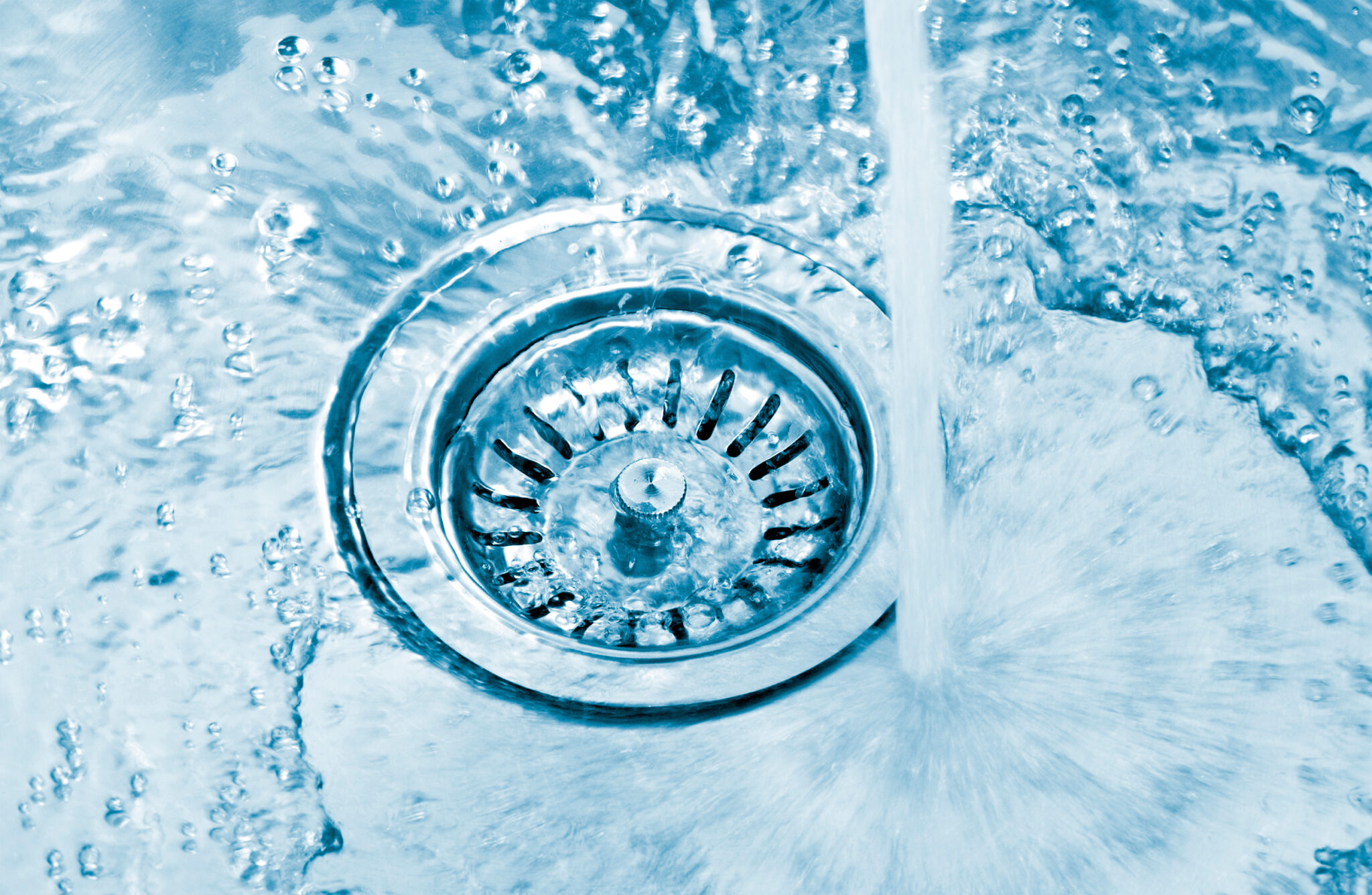
/JodiJacobson-waterpressure-5b9bf850c9e77c0050a2d8aa.jpg)








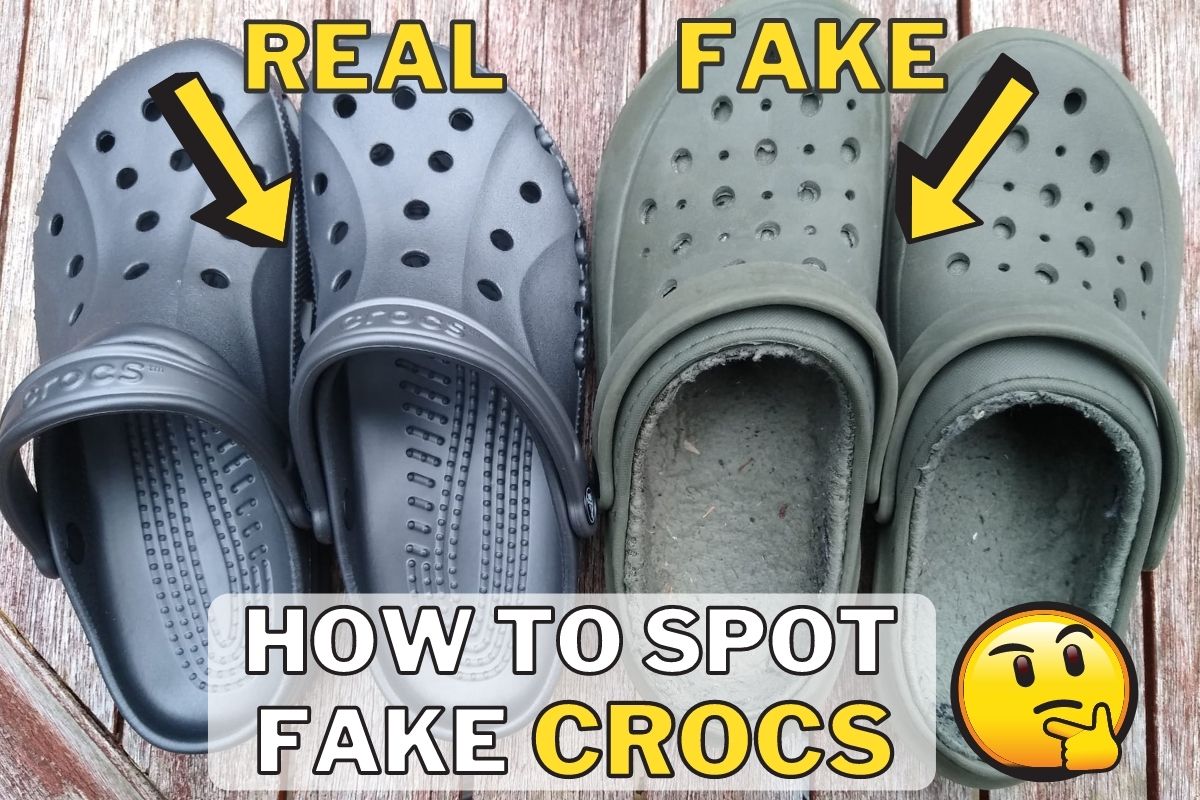




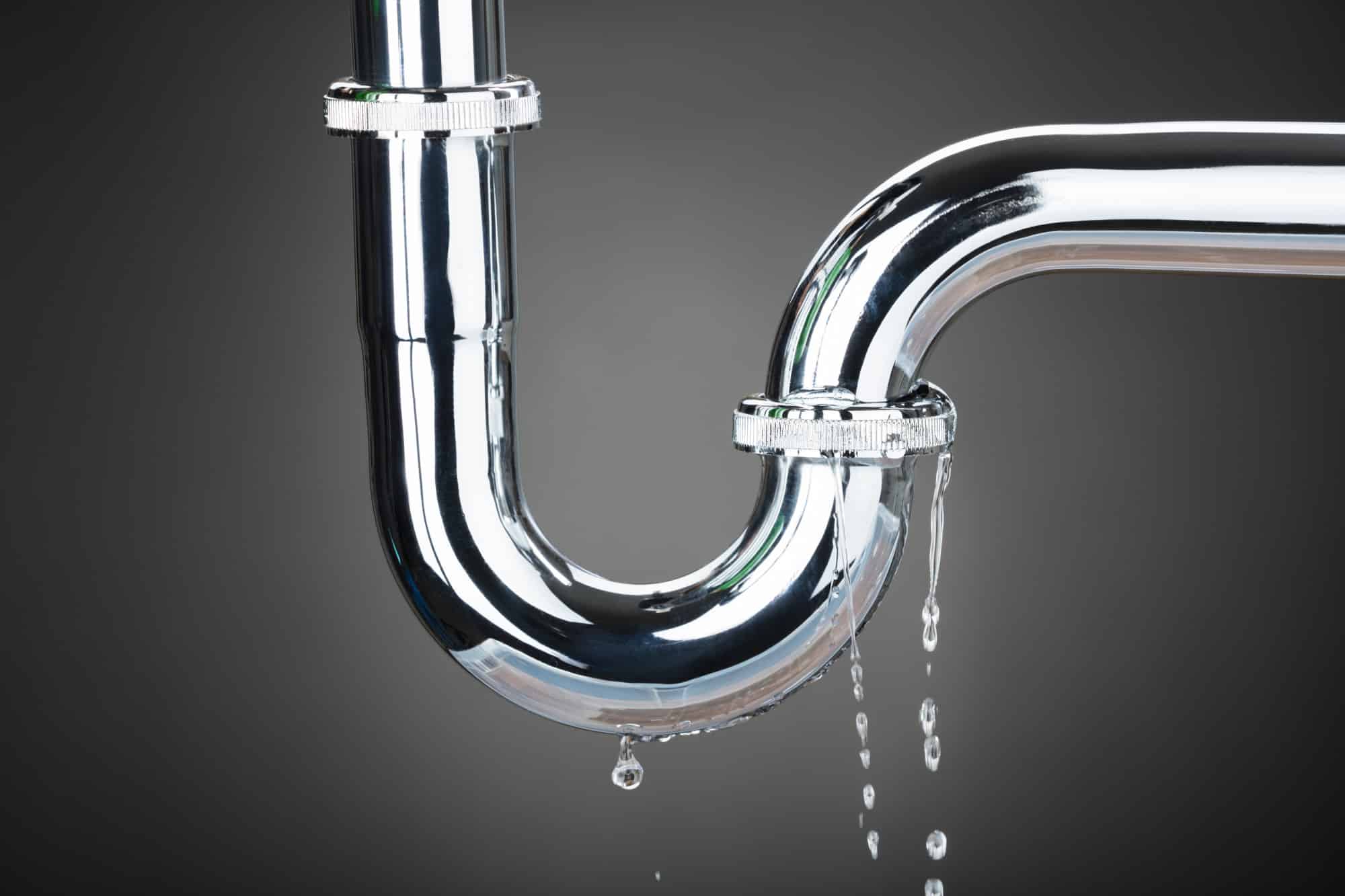



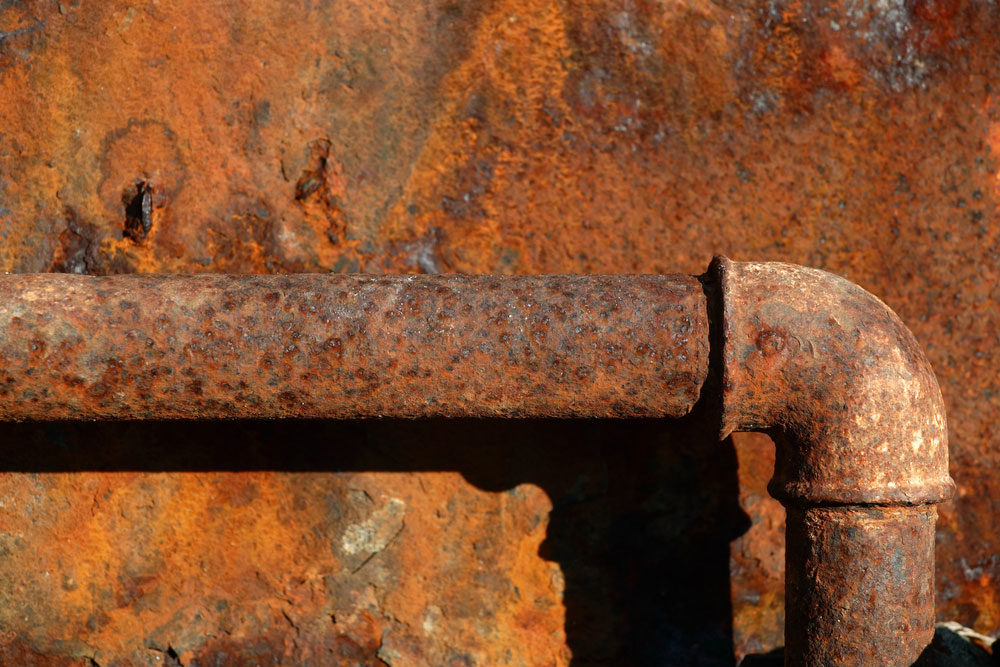





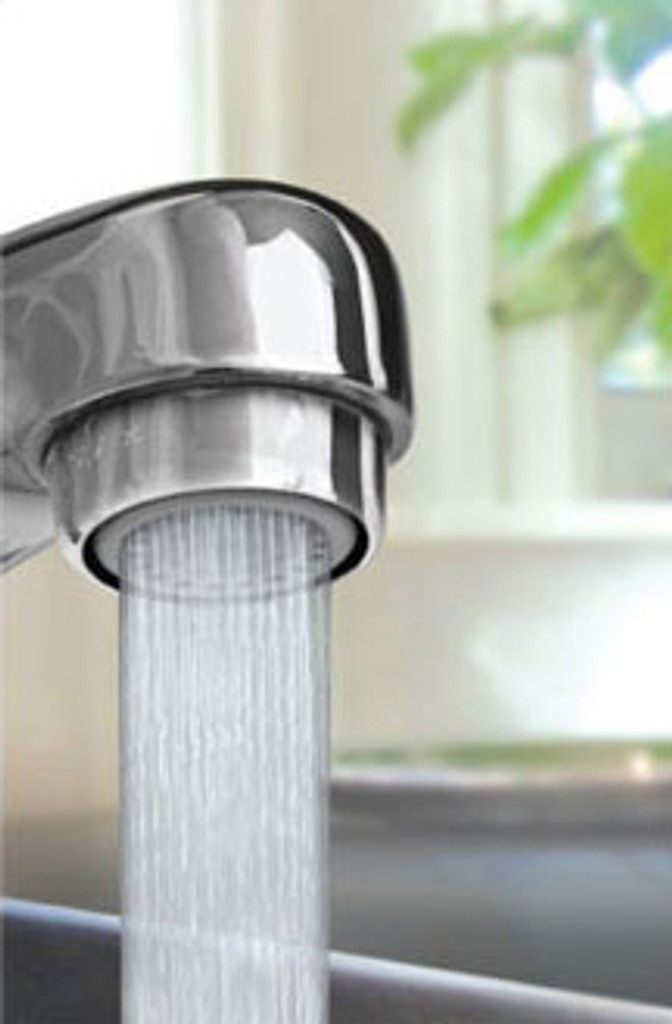
:max_bytes(150000):strip_icc()/ac3-56a73c5a5f9b58b7d0e81836.jpg)

/fixing-a-tap-459986221-5afc675431283400371f7872.jpg)




